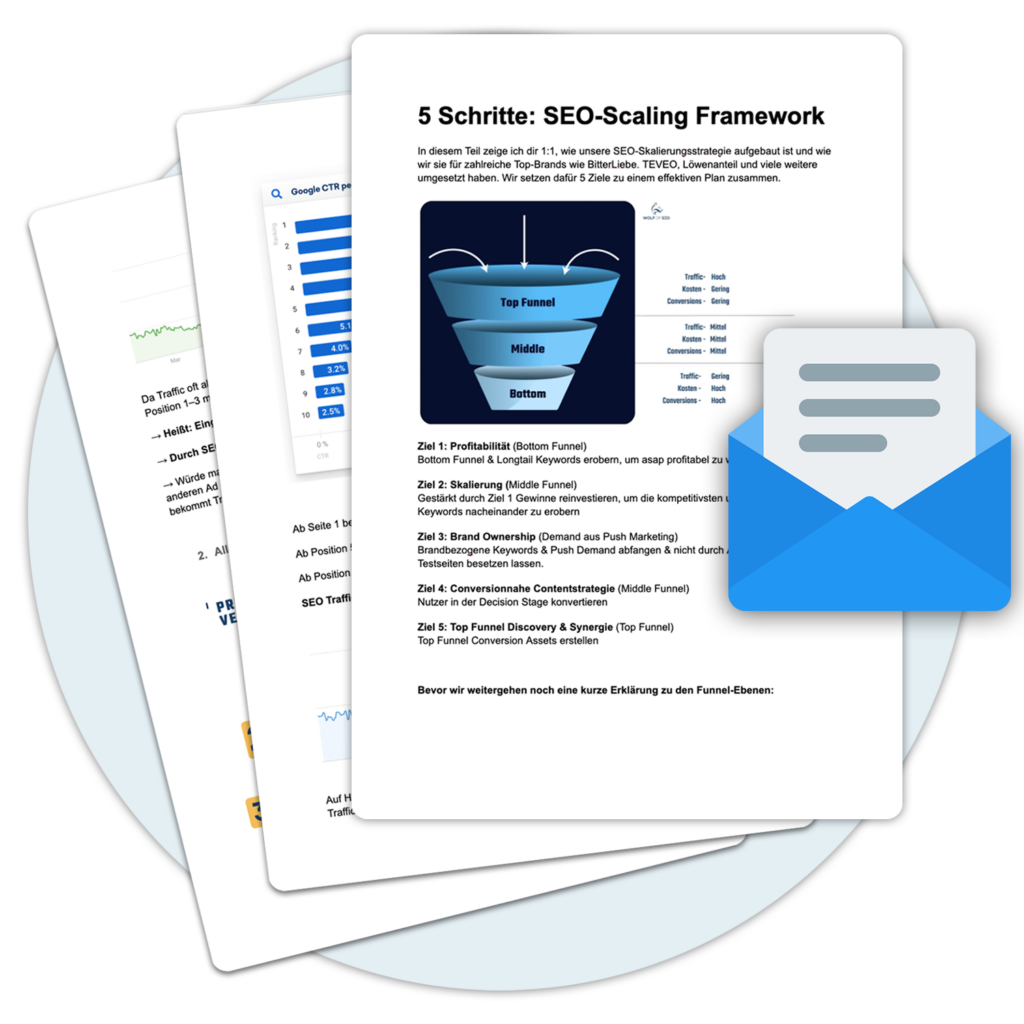Definition
A Compiler is a program that Source code into machine code so that it can be executed by a computer. The Compiler translates code into a language that the computer understands to perform a specific task.
Advantages
The biggest advantage of a compiler is that it can Source code into machine code, making it easier for a computer to understand. A Compiler can also detect errors before they execute a program, which improves code quality and execution time.
Disadvantages
A Compiler is a complex program and can take a long time to compile a file. When certain errors occur, it can be difficult to determine why. It can also be difficult to debug a compiler's code because it is written in machine language.
Use cases
A Compiler is mainly used for creating and debugging programs. It can also be used to convert Source code can be used in machine code to execute a program on a computer or other platform.
Examples
An example of the use of a compiler is the Java platform. The Compiler converts the source code of the program to bytecode, which is required to run the program on the Java platform. Another example is the Microsoft .NET Framework, where the Compiler converts the source code of the program into an assembly that can then be executed by the .NET Framework.
10 Tips for using the compiler
1. read the compiler documentation carefully and understand its operation before building a program.
2. select a development environment, which is suitable for the Compiler is suitable.
3. use instructions and syntax that are supported by the Compiler be supported.
4. test your program to make sure it works correctly.
5. compile the source code into an executable file before distributing it to others or deploying it to a production platform.
6. adjust the source code to enable the best possible compilation process.
7. use debugging tools that are supported by the Compiler be offered to identify and correct errors.
8. be careful with external libraries and code segments that are used by the Compiler are not supported.
9. use the right set of flags to compile and optimize the program.
10. hold your Compiler up to date to avoid errors and problems.
Conclusion
Compiler are useful tools that help to create and debug programs. They can also be used to convert source code to machine code in order to run a program on different platforms. Using a compiler can greatly simplify programming.
« Back to Glossary Index






 By
By 